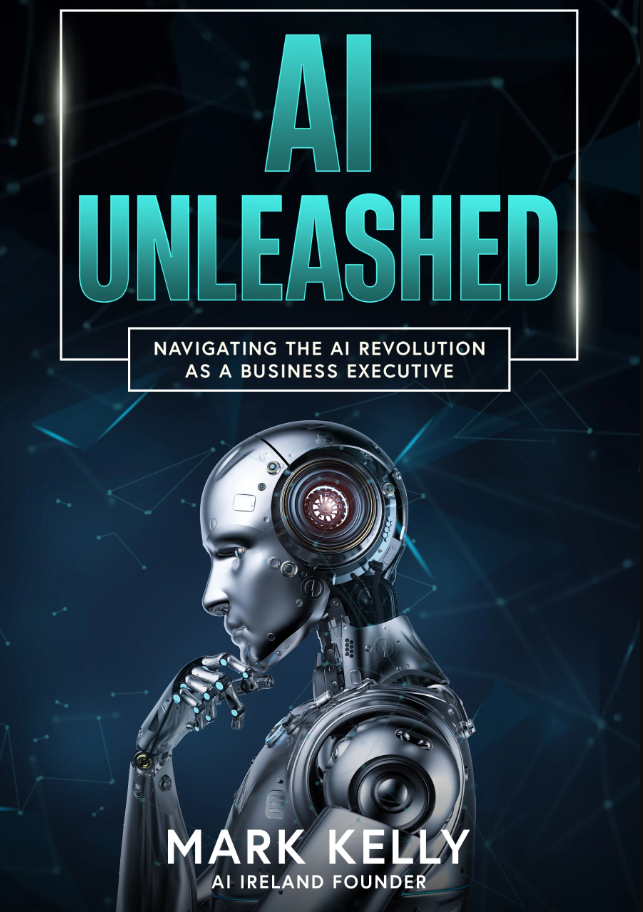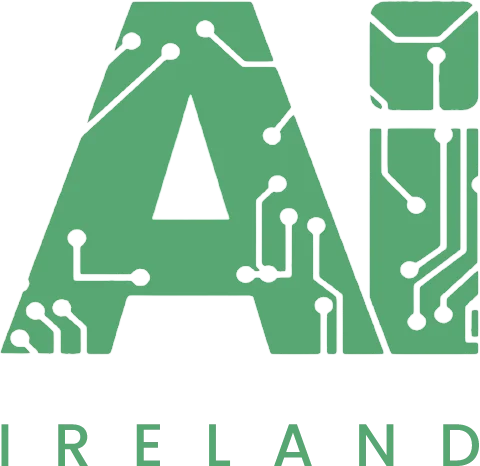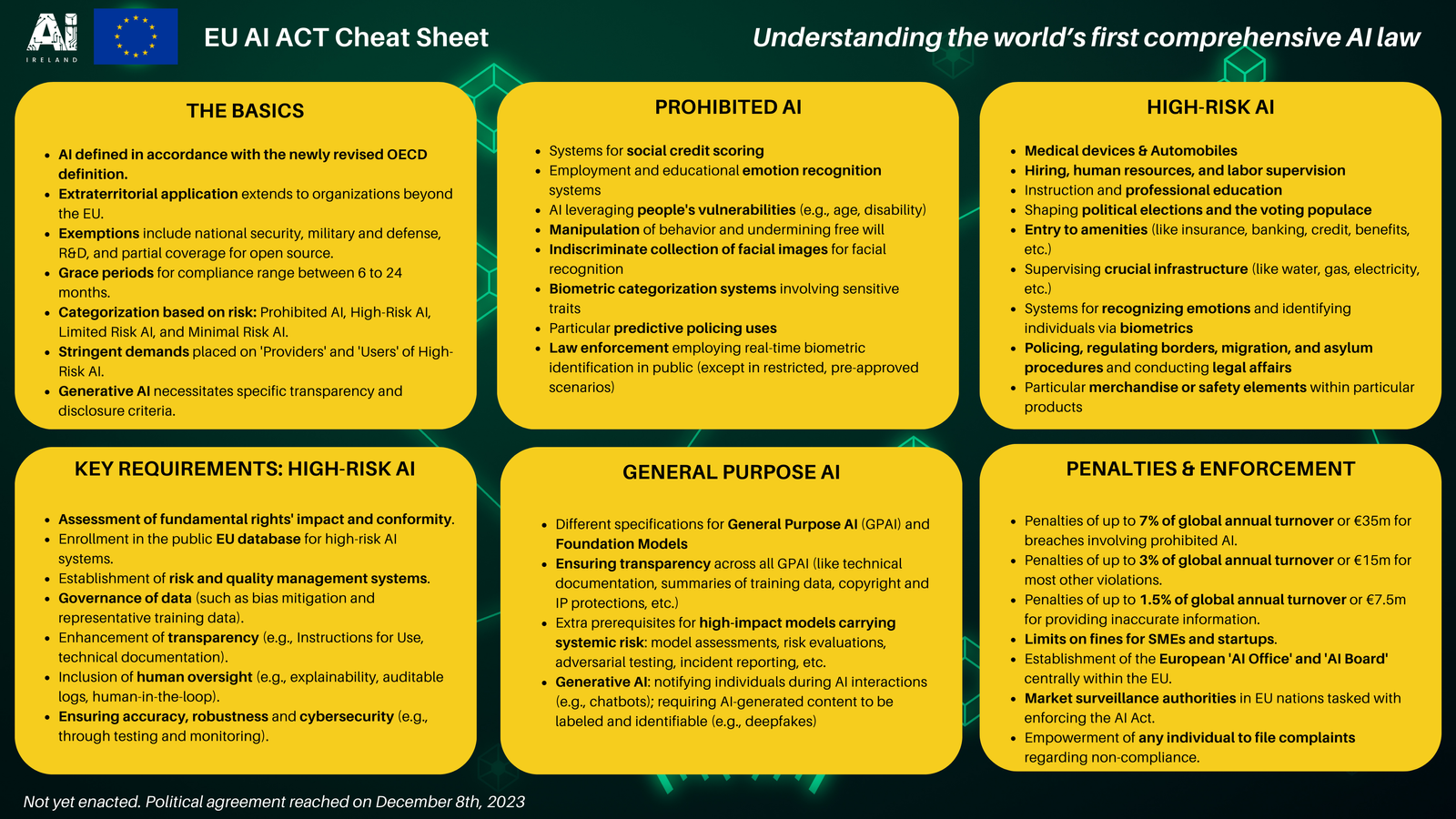Welcome to episode E138 of the AI Ireland podcast, the show that explores the applications and research of Data Science, Machine Learning and Artificial Intelligence on the island of Ireland.
Our mission is to increase the use of AI for the benefit of our society, our competitiveness and everyone living in Ireland.
Today’s guest is Dragoș Tudorache, Member of the European Parliament and Vice-President of the Renew Europe Group. He is the LIBE rapporteur on the AI Act, and he sits on the Committee on Foreign Affairs (AFET), the Committee on Civil Liberties, Justice and Home Affairs (LIBE), the Committee of Inquiry to investigate the use of Pegasus and equivalent surveillance spyware (PEGA), the Subcommittee on Security and Defence (SEDE), and the European Parliament’s Delegation for relations with the United States (D-US). He was the Chair of the Special Committee on AI in the Digital Age (AIDA).
Beginning his career in 1997 as a judge in Romania. After working on justice and anticorruption at the European Commission Representation in Romania, supporting the country’s EU accession, he joined the Commission as an official and subsequently, qualified for leadership roles in EU institutions. He was elected to the European Parliament in 2019. Dragos’ current interests in the European Parliament include security and defence, AI and new technologies, transatlantic issues, the Republic of Moldova and internal affairs.
Topics include:
- The vote on the AI Act and timeline for phased implementation
- The AI Act’s aim to protect citizens from tech risks and ensuring rights
- Balancing human protection with innovation enablement through various measures
- How the AI evolution prompts legislative updates for deep fakes, democracy etc.
- Why society needs preparation for an AI-driven future
- Establishing coherence & protecting shared societal values
- How the AI Act will ensure positive AI transformation, alleviating societal fears
Subscribe to the AI Ireland Podcast

AI Unleashed: Navigating the AI Revolution
Accessible for purchase on Amazon, AI Ireland’s latest book “AI Unleashed: Navigating the AI Revolution,” is a must read. For executives, policy architects or technology aficionados seeking to make sense of the intricate world of AI, “AI Unleashed: Navigating the AI Revolution” is your essential handbook. Available on Amazon Kindle or hard copy, this book furnishes you with the expertise and instruments required to employ AI both effectively and ethically.
Book an AI Presentation with AI Ireland today
Discover tailored presentations designed to meet the unique needs of your industry. Gain invaluable insights into the transformative power of AI technologies, ensuring your organisation stays ahead of the curve. Equip your team and stakeholders with the knowledge they need to confidently embrace the future.
Don’t miss the chance to enlighten your team and explore how innovation is positively impacting your industry. Secure your presentation now!












